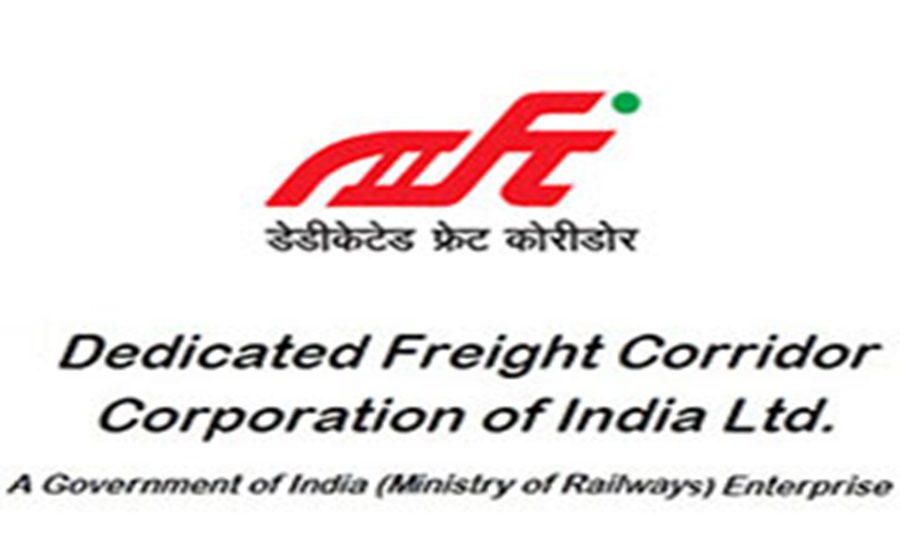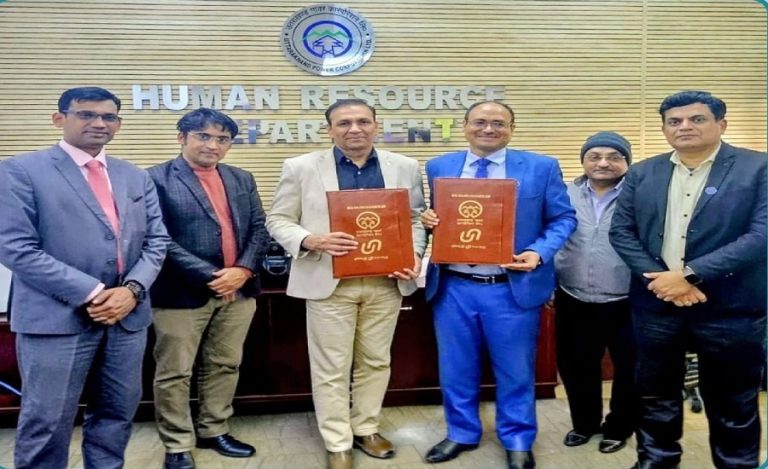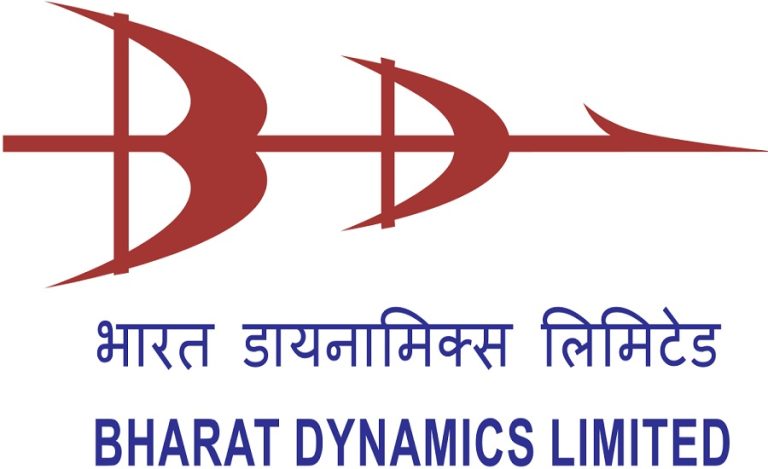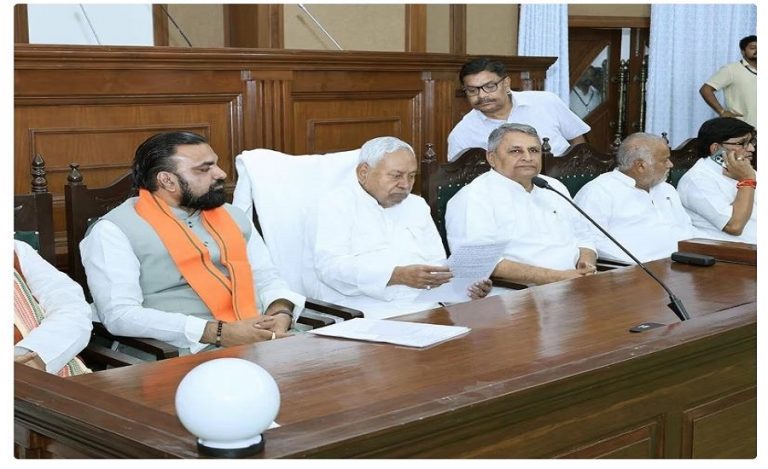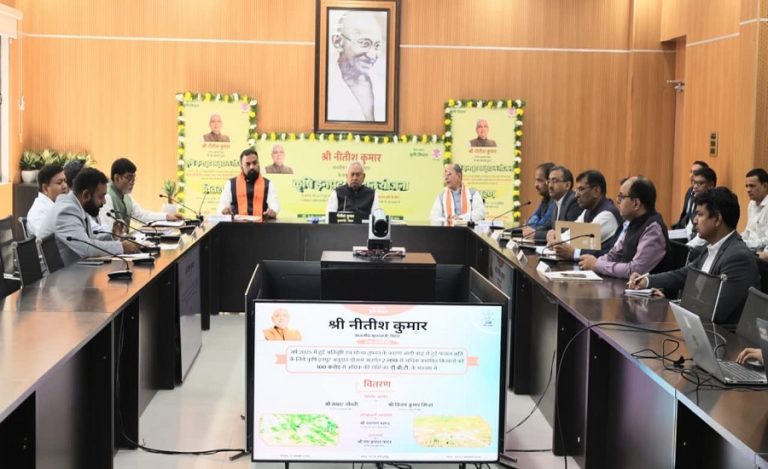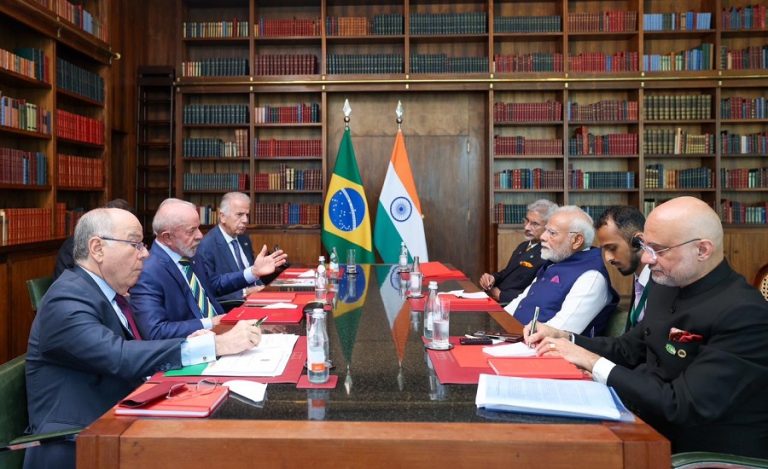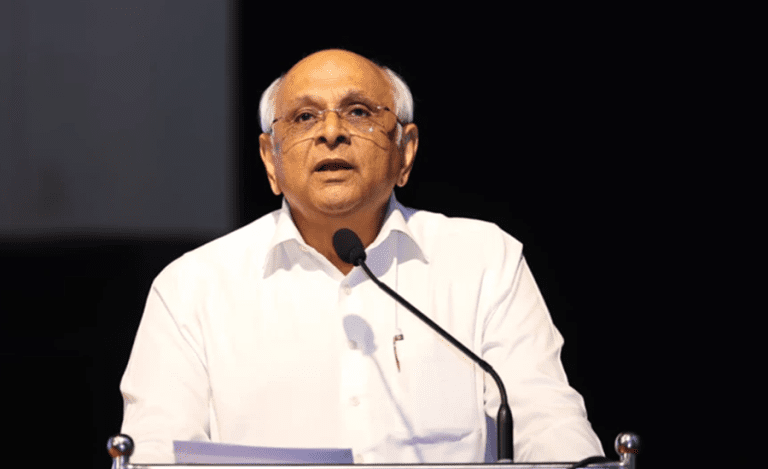New Delhi/Surat: In a significant leap for India’s logistics infrastructure, the Dedicated Freight Corridor Corporation of India Limited (DFCCIL) has inaugurated the country’s first private Gati Shakti Multi-Modal Cargo Terminal (GCT) along the western freight corridor near Surat in Gujarat.
The New Sanjali Terminal, developed by Sawariya Shakti Group across 120 acres of private land, marks a major milestone under the Gati Shakti Cargo Terminal Policy (Schedule-1) – a key initiative under the Government of India’s PM Gati Shakti Master Plan.
A New Era in Freight Logistics
The terminal was inaugurated by DFCCIL Managing Director Praveen Kumar, who called the development a “concrete move toward modal shift” – from road to rail – in India’s logistics ecosystem. He added that such integrated terminals are central to building a sustainable, efficient, and cost-effective freight movement network.
“This terminal is not just infrastructure; it is a strategic enabler of multimodal logistics, reducing carbon footprint while enhancing supply chain competitiveness,” DFCCIL noted in a statement.
Strategic Location with Seamless Connectivity
Located between New Sanjali station on DFCCIL’s freight corridor and Panoli station of Indian Railways, the terminal is strategically positioned to serve Gujarat’s industrial heartland – including Panoli GIDC, Ankleshwar, and Jhagadia – and key ports such as Dahej, Hazira, and JNPT.
It is also linked to major highways, including NH-48 and NE-4, and lies just 6 km from the upcoming Multi-Modal Logistics Park (MMLP), making it a crucial node in India’s multimodal logistics chain.
World-Class Infrastructure & Capabilities
The terminal features–
- Two dedicated rail lines for container and steel cargo handling
- One electrified line for bulk cargo and Truck-on-Train (ToT) services
- Two receipt & dispatch lines integrated with DFCCIL and Indian Railways
- A 28-acre Inland Container Depot (ICD)
- 650,000 sq. ft. of warehousing, including a 54,000 sq. ft. bonded warehouse
- PESO-certified storage and cold chain logistics infrastructure
Officials added that the fully integrated logistics complex is designed to improve freight efficiency, reduce turnaround times, and create employment opportunities, all while strengthening the local and national industrial ecosystem.
Driving India’s Modal Shift and Green Transition
Beyond commercial value, the terminal is aligned with India’s commitment to sustainable development. By promoting modal shift from road to rail, it will reduce traffic congestion, logistics costs, and greenhouse gas emissions — key to meeting India’s climate goals under the National Logistics Policy and Net Zero Emissions targets.
DFCCIL highlighted the New Sanjali terminal as a model for future private sector participation in India’s evolving freight landscape, underlining the potential of public-private synergy in delivering next-generation logistics infrastructure.
About DFCCIL
The dedicated freight corridors in India are a network of electric broad gauge freight railway lines that solely serve freight trains, thus making the freight service in India faster and efficient. DFCCIL a public sector company is responsible for undertaking planning, development, mobilisation of financial resources and construction, maintenance and operation of these corridors. In fiscal year 2024, an average of 241 trains used the dedicated freight corridors daily.

